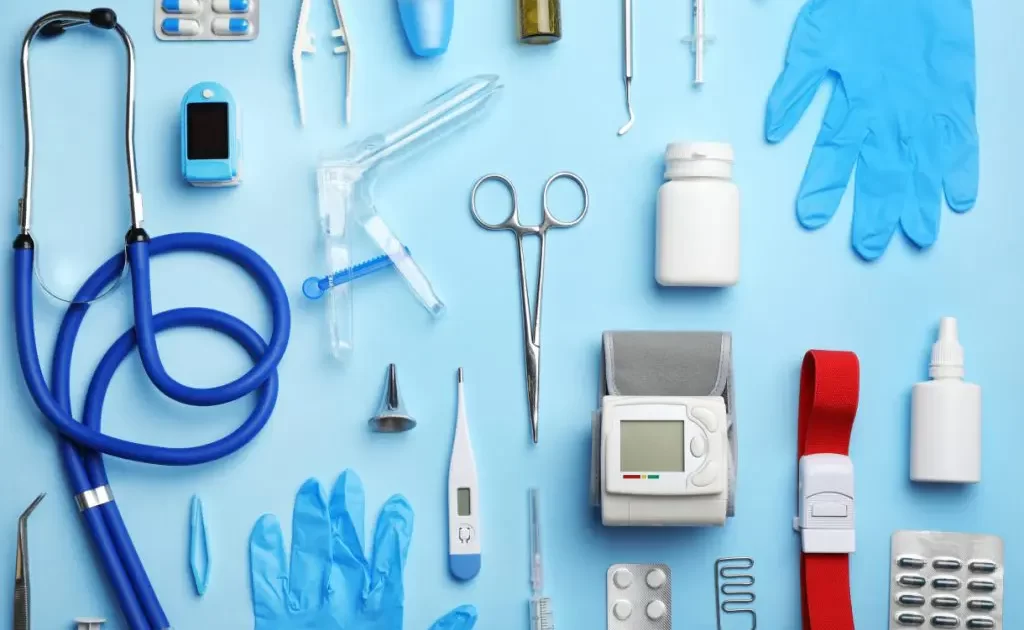A well-equipped medical laboratory is crucial for the effective diagnosis and management of diseases. Every medical facility, from small clinics to large hospitals, relies on a variety of lab equipment to perform tests and procedures that are critical to patient care. This guide outlines the essential pieces of lab equipment that are indispensable in any medical facility.
1. Microscopes
Microscopes are fundamental in any laboratory setting. They allow clinicians and laboratory technicians to view specimens at the cellular level, which is vital for diagnosing diseases such as cancer, infectious diseases, and hematology disorders.
Compound microscopes: used for viewing small specimens stained on a slide, such as tissue samples or bacterial cultures.
Stereoscopes: used for larger, 3d specimens, providing a lower magnification to manipulate the specimen while viewing.
2. Centrifuges
Centrifuges are used to separate substances of different densities within a liquid by spinning them at high speed. They are essential for processes such as blood sample preparation, separating plasma, and concentrating substances.
High-speed centrifuges: ideal for cellular and molecular applications.
Low-speed centrifuges: commonly used for blood separation and basic filtering.
3. Autoclaves
Sterilization is key to preventing infection and contamination in medical settings. Autoclaves use steam under high pressure to ensure that all bacteria, viruses, fungi, and spores are destroyed on surgical tools, lab equipment, and other reusable items.
4. Incubators
Incubators are used to grow and maintain microbiological cultures or cell cultures. They regulate temperature, humidity, and other conditions to simulate the environment necessary for growth.
5. Spectrophotometers
Spectrophotometers measure the amount of light that a chemical substance absorbs. They are essential in labs for conducting enzyme-linked immunosorbent assays (elisa), nucleic acid research, and other biochemical assays.
6. Hematology analyzers
These are critical for any facility that performs complete blood counts (cbc). Hematology analyzers automatically count leukocytes, red cells, and platelets in the blood, providing essential data for diagnosing diseases like anemia, infections, and other hematological conditions.
7. Electrolyte analyzers
They are used to measure electrolyte levels in the blood, which are crucial for diagnosing and monitoring various conditions, including kidney disease, heart conditions, and electrolyte imbalances.
8. Urinalysis analyzers
These machines assess urine and are important for diagnosing urinary tract infections, kidney disease, diabetes, and other metabolic disorders.
9. Ekg/ecg machines
Electrocardiograms (ekg or ecg) are standard equipment for assessing the electrical activity of the heart. They help diagnose cardiac abnormalities, monitor heart health, and are essential in emergency scenarios.
10. Blood gas analyzers
These are used to measure gases and ph in the blood, important for monitoring patients with respiratory and metabolic issues in critical care.
Conclusion
Having the right laboratory equipment is fundamental to the functioning of any medical facility. This equipment not only supports accurate diagnosis and effective treatment but also ensures high standards of safety and efficiency in patient care. Investing in high-quality, reliable lab equipment is essential for any healthcare facility committed to delivering excellent medical services.





